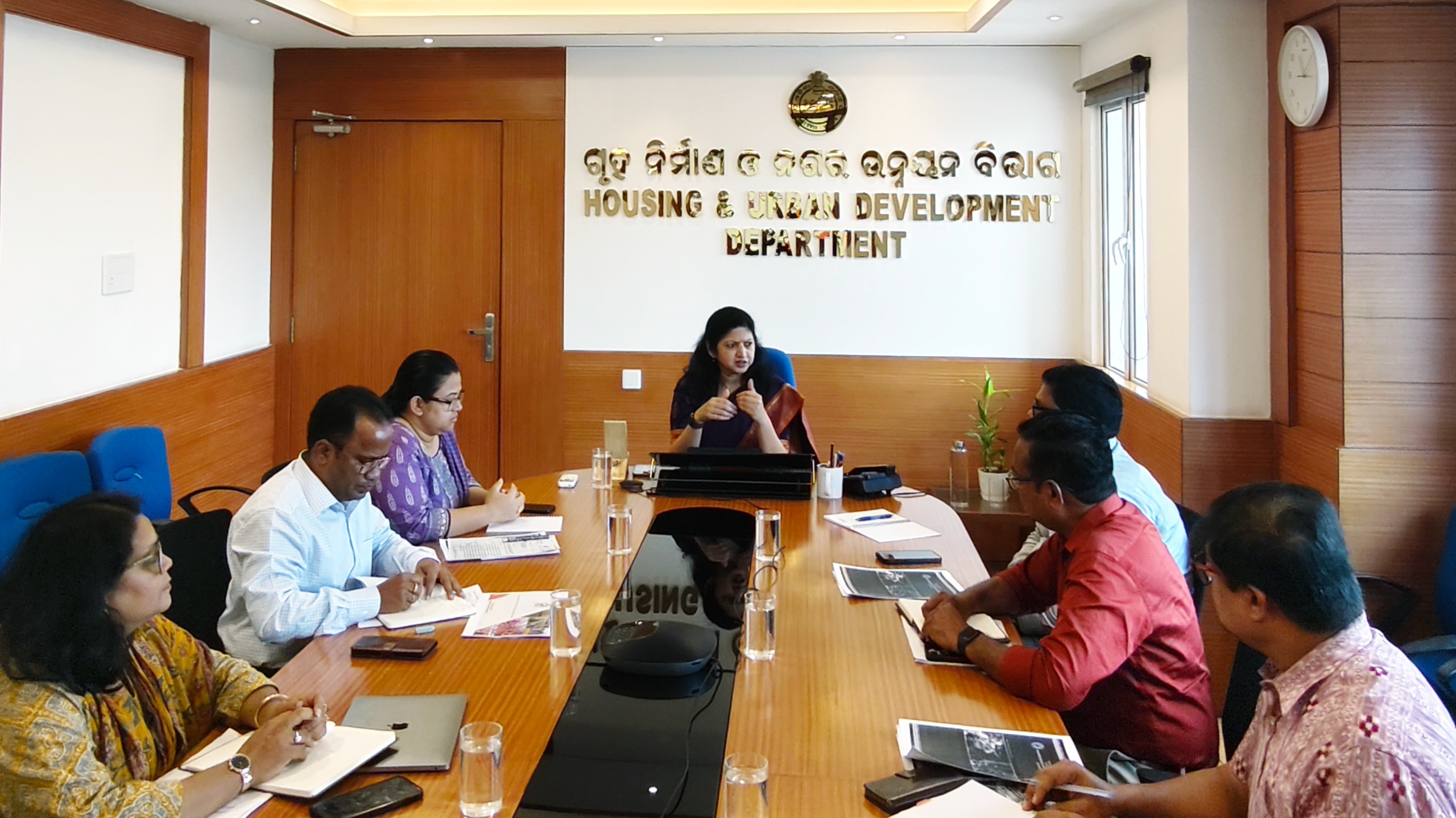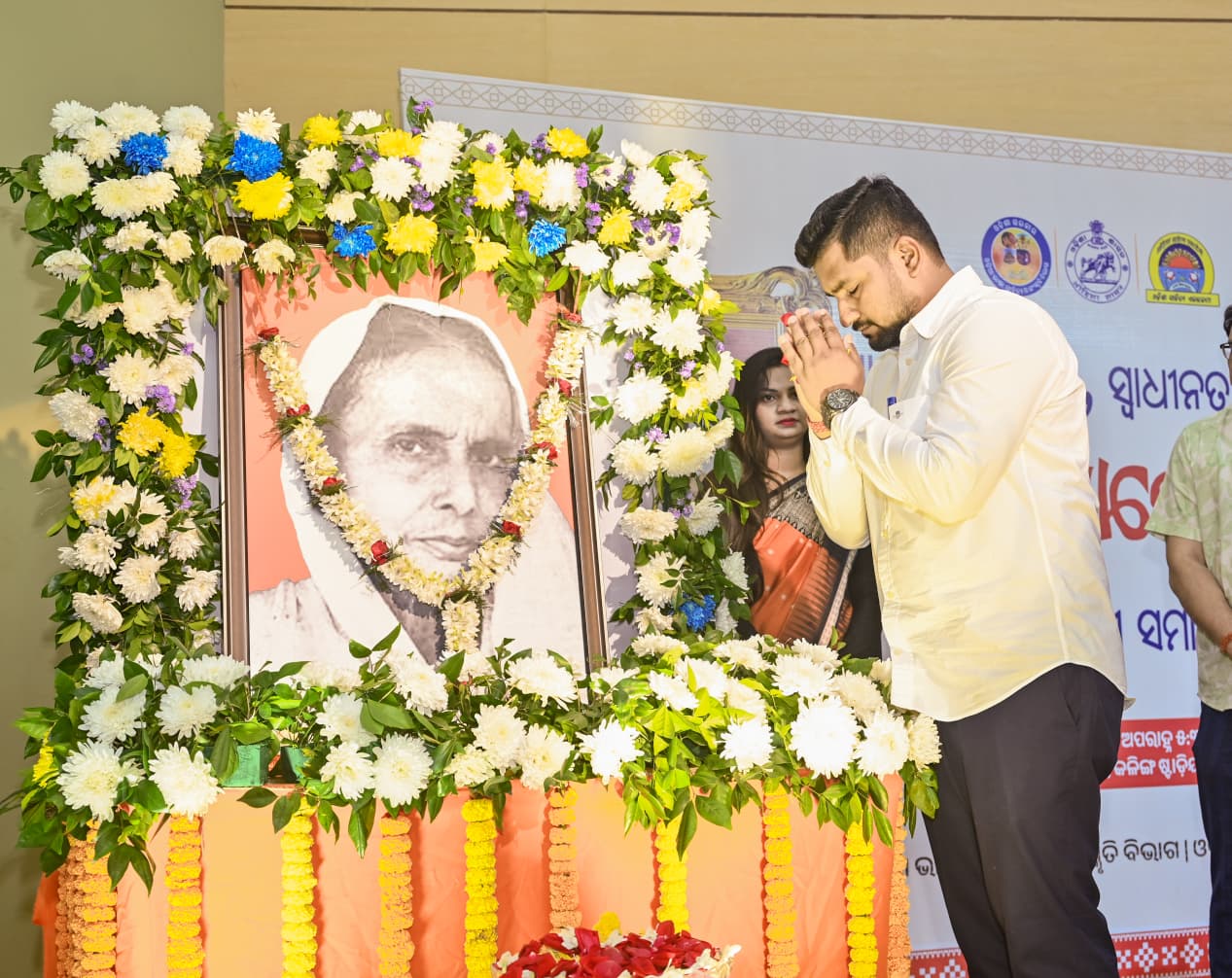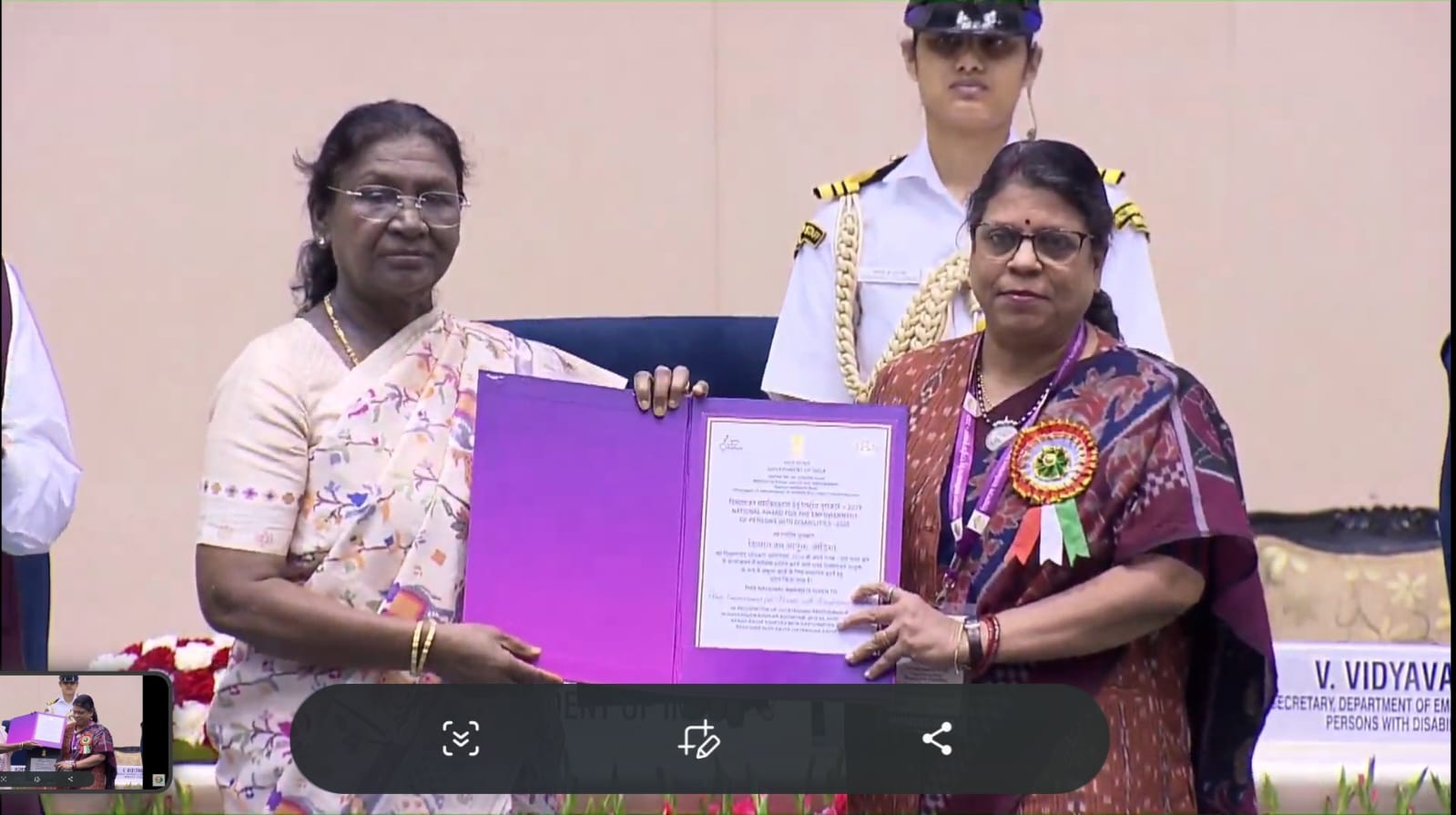Bhubaneswar: In response to the escalating heat wave conditions in the state, Satyabrata Sahu, the Special Relief Commissioner, has underscored the need for coordinated efforts across all departments and issued a series of directives to combat the heat wave effectively.
Sahu emphasized the importance of identifying water scarcity pockets at the village, hamlet, or ward level and ensuring the supply of water for drinking and other essential uses through water tankers. Additionally, measures such as the opening of “Paniya Jala Seva Kendras” (Drinking Water Kiosks) and preventive maintenance of tube wells and piped water supply systems have been recommended to alleviate water scarcity issues.
To provide relief to vulnerable populations, including the homeless and needy, the directive includes the utilization of urban shelters and public buildings as day-time shelters. Furthermore, initiatives such as the construction and repair of shallow vats for stray animals and roaming livestock are being implemented.
Ensuring the availability of drinking water in schools, colleges, and academic institutions, along with the rescheduling of school timings based on the heat wave situation, has been prioritized. Similarly, Anganwadi Centres will operate during morning hours only, with provisions for portable water and ORS packets.
Medical facilities are being prepared to address heat stroke cases, with provisions for stocking life-saving medicines and creating awareness through information, education, and communication (IEC) materials. Additionally, district-level medical officers are undergoing training on heat stress and heat wave management.
Transport services are being advised to reschedule timings to avoid peak hours, with provisions for drinking water and first aid boxes. Worksite arrangements are being made to provide shelter and drinking water, with working hours for laborers rescheduled accordingly.
The directives also include measures to ensure uninterrupted power supply, community awareness activities to combat forest fires, and the supply of drinking water for animals in zoos and related areas.
Awareness campaigns, including the distribution of posters and leaflets, are being conducted to educate communities on identifying risks and adopting preventive measures. Moreover, initiatives such as cool roof technology and the updating of heat action plans at the state, district, and city levels are being prioritized.
Overall, the directives aim to minimize human casualties and ensure the safety and well-being of citizens during the heat wave period.





